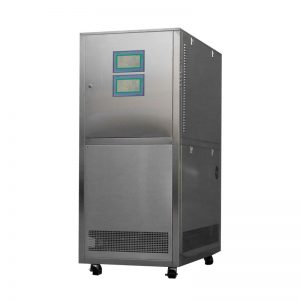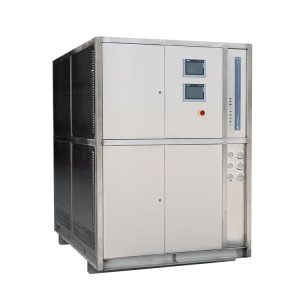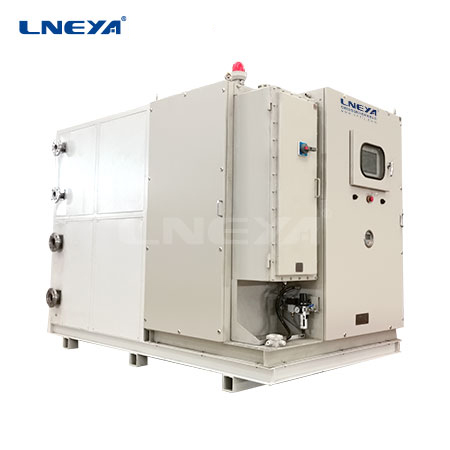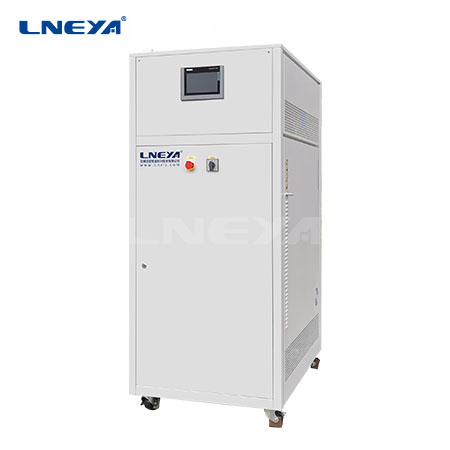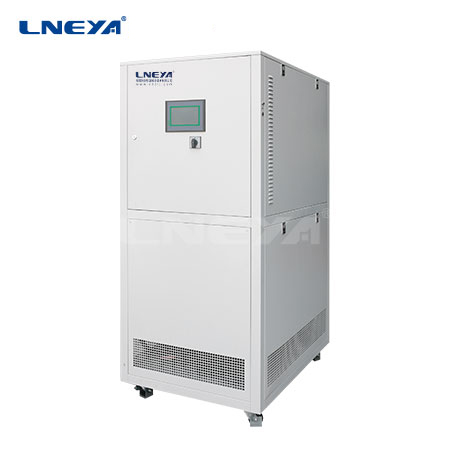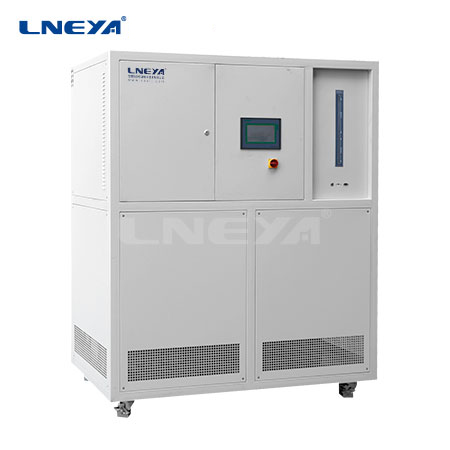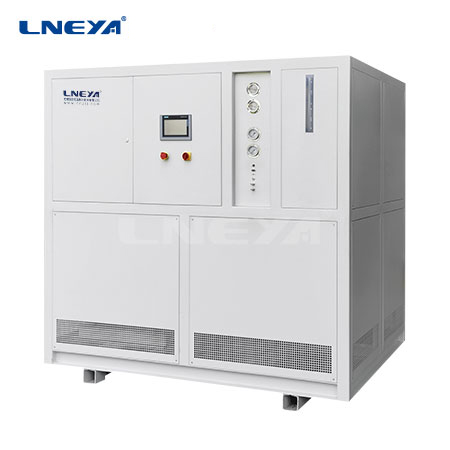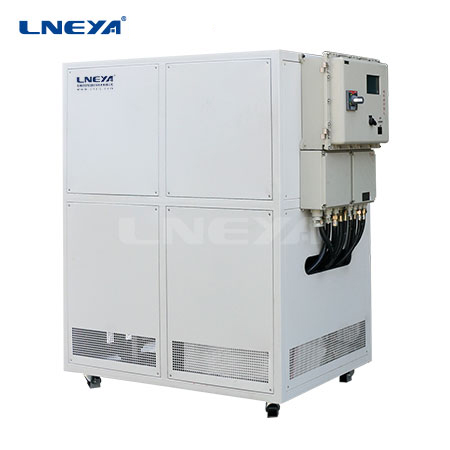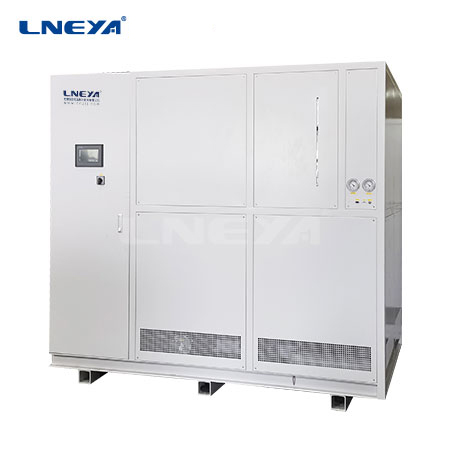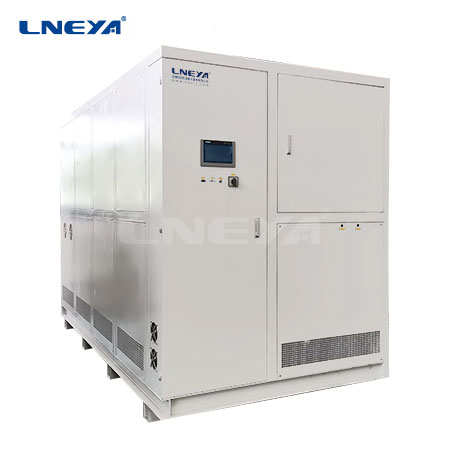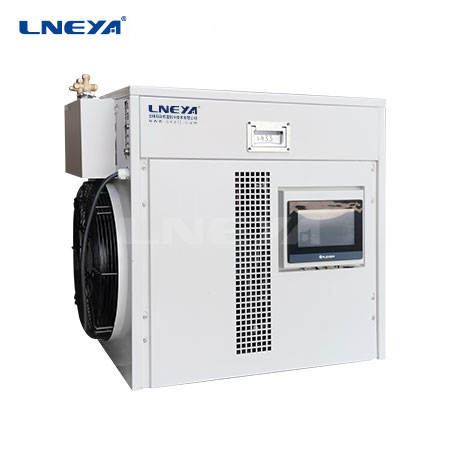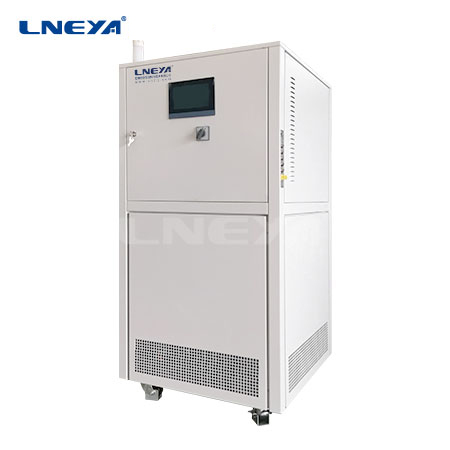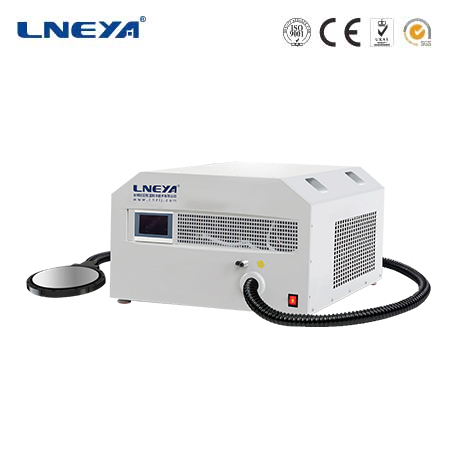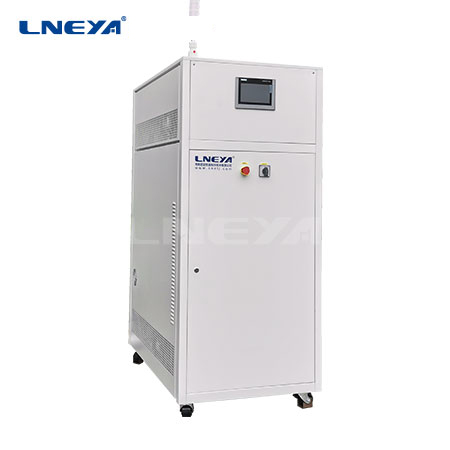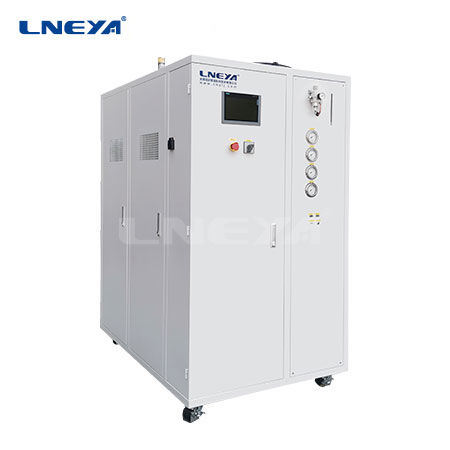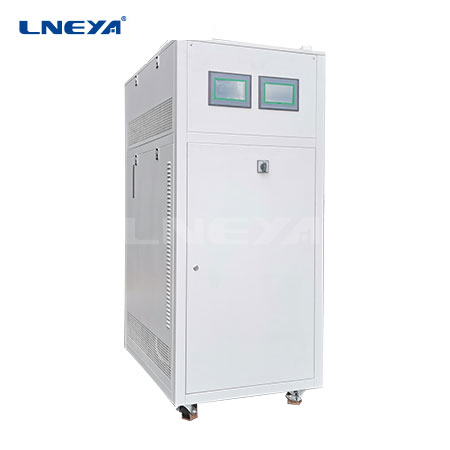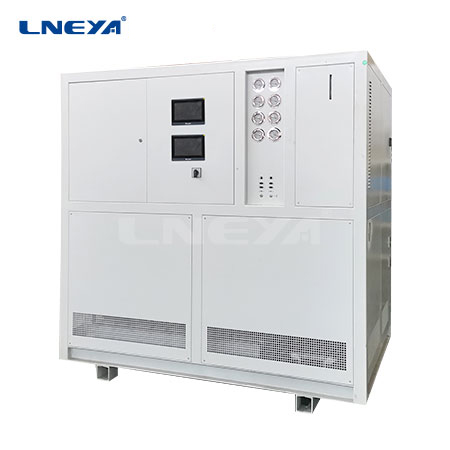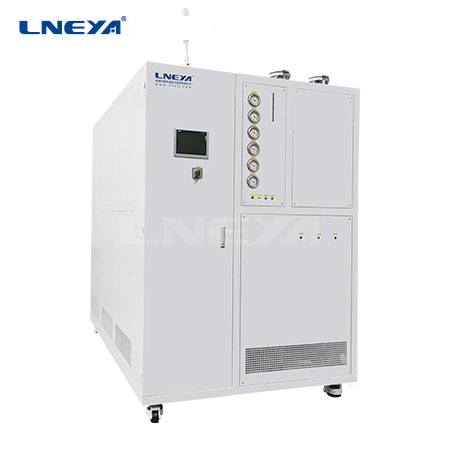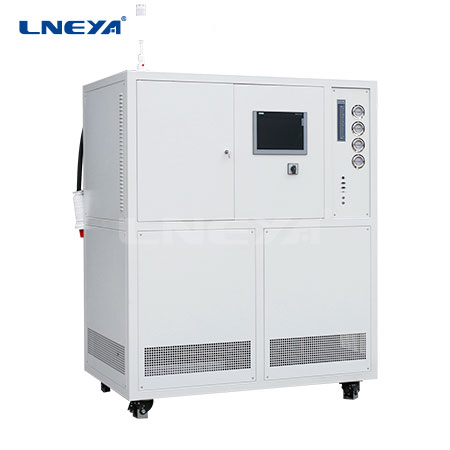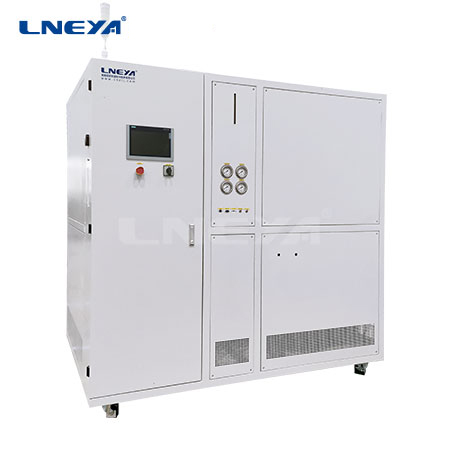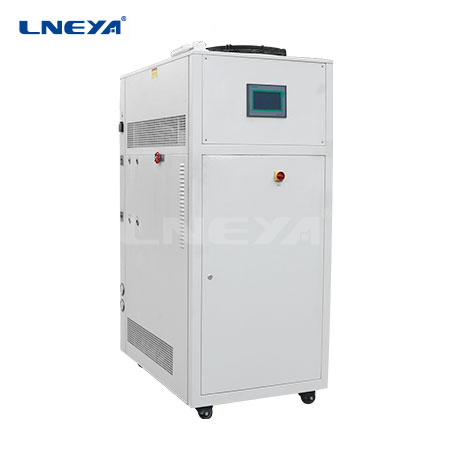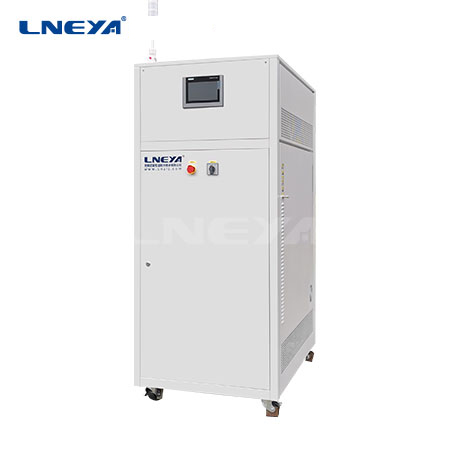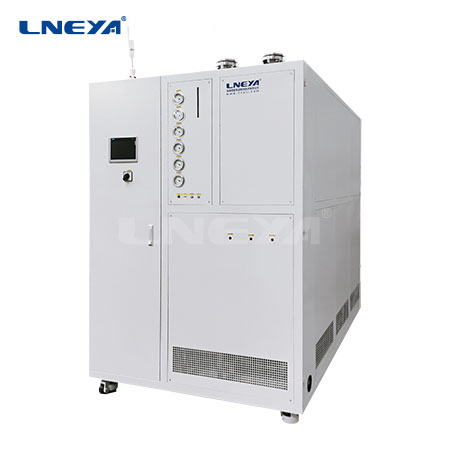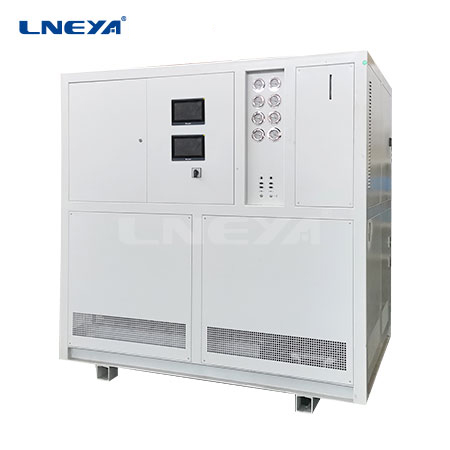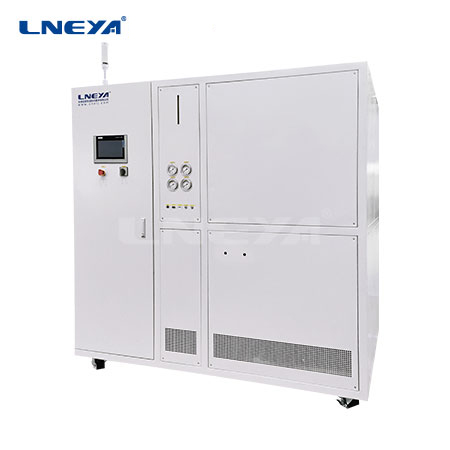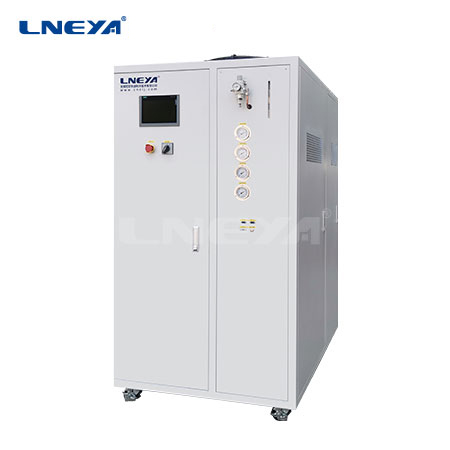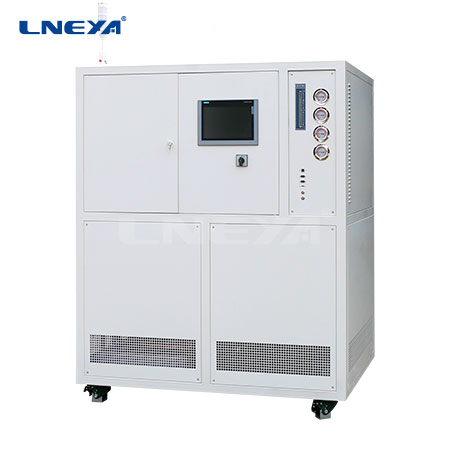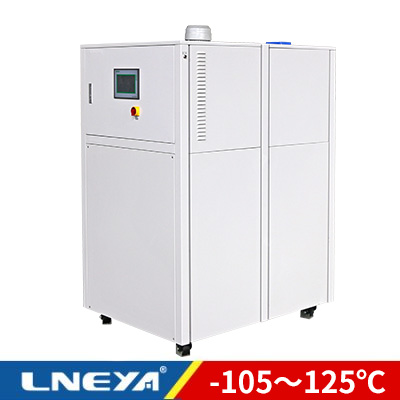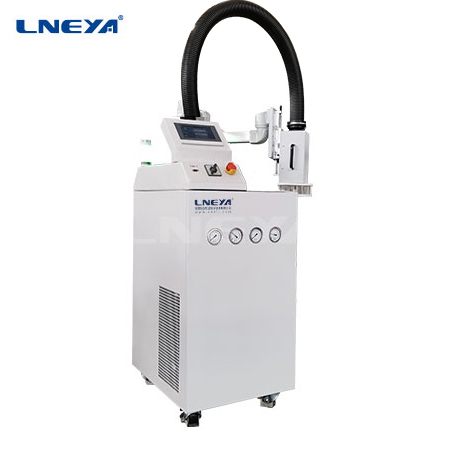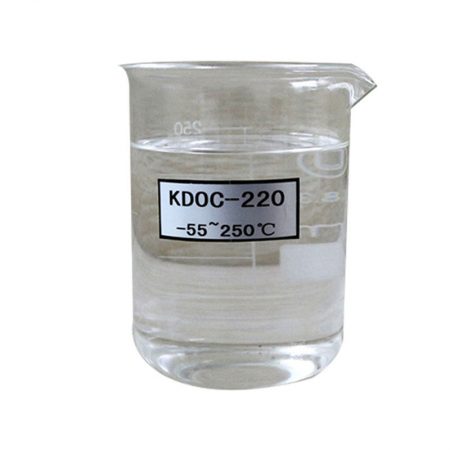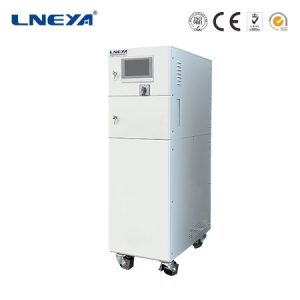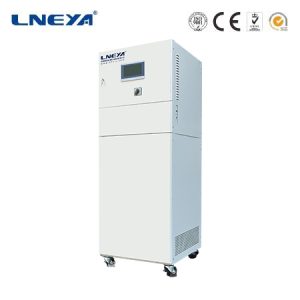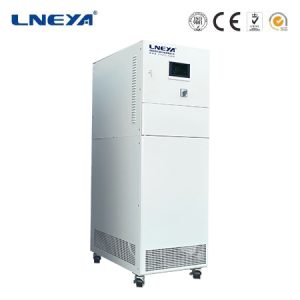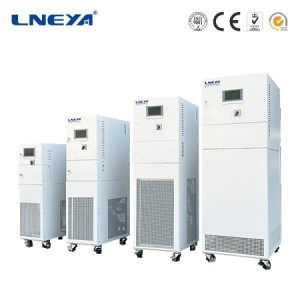Understanding Chilled Water Circulators: A Comprehensive Guide
Chilled water circulators are vital in maintaining optimal temperatures in industrial processes, HVAC systems, and other applications requiring precise temperature control. These systems circulate chilled water through a closed loop, ensuring consistent temperature regulation. This article provides an in-depth look at the workings, types, applications, and benefits of chilled water circulators, as well as guidance on selecting the appropriate circulator for specific needs.

Working Principles of Chilled Water Circulators
Chilled water circulators operate on the principle of heat transfer. They use a refrigeration cycle to cool water, which is then circulated through a closed loop to remove heat from the process or space. The cooled water absorbs heat from the application, returning it to the chiller where the heat is dissipated, and the cycle repeats. This process ensures a constant supply of chilled water, maintaining the desired temperature.
Types of Chilled Water Circulators
There are several types of chilled water circulators, each designed for specific applications:
Direct Expansion (DX) Circulators: These circulators use a direct expansion refrigeration system, where the refrigerant evaporates directly in the heat exchanger, cooling the water.
Chilled Water Circulators with Glycol: In applications where water alone cannot provide the necessary low temperatures, a glycol solution is used to lower the freezing point and enhance heat transfer.
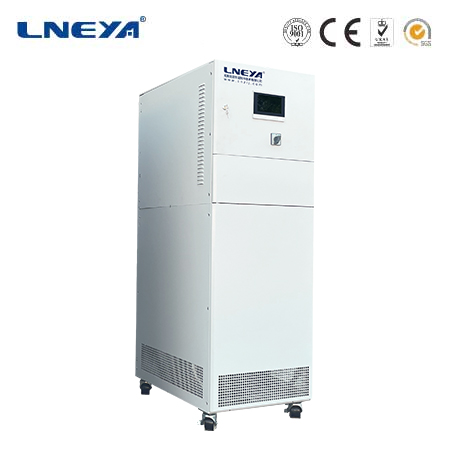
Variable Speed Drive (VSD) Circulators: These circulators feature a variable speed drive, allowing them to adjust the flow rate according to the system’s needs, improving energy efficiency.
Applications of Chilled Water Circulators
Chilled water circulators are used in a wide range of applications, including:
Industrial Processes: In manufacturing and processing industries, circulators are used to maintain precise temperatures for reactions, cooling machinery, and maintaining product quality.
HVAC Systems: In heating, ventilation, and air conditioning systems, circulators are essential for cooling buildings and maintaining comfortable indoor temperatures.
Laboratory Equipment: In scientific research and testing, circulators provide stable and precise temperature control for experiments and equipment.
Food Processing: In the food and beverage industry, circulators are used to chill products quickly, ensuring safety and extending shelf life.
Benefits of Using Chilled Water Circulators
The use of chilled water circulators offers several benefits:
Precise Temperature Control: Circulators provide accurate temperature regulation, which is crucial for many processes and applications.
Energy Efficiency: By circulating chilled water in a closed loop, circulators reduce energy consumption compared to open-loop systems.
Reliability: Chilled water circulators are designed for continuous operation, ensuring reliable temperature management in various settings.

Versatility: With different types available, circulators can be tailored to suit a wide range of applications and requirements.
Selecting the Right Chilled Water Circulator
When selecting a chilled water circulator, consider the following factors:
Flow Rate: Choose a circulator with a flow rate that matches the needs of your application.
Temperature Range: Ensure the circulator can achieve the desired temperature range for your process.
Pump Performance: Consider the pump’s performance, including its head pressure and efficiency.
System Compatibility: Ensure the circulator is compatible with your existing system, including pipe sizes and connections.
Energy Efficiency: Look for circulators with energy-saving features, such as variable speed drives.
Maintenance and Troubleshooting
Proper maintenance is crucial for the longevity and efficiency of chilled water circulators. Regularly check the system for leaks, inspect the pump for wear, and clean the heat exchanger to prevent fouling. Common issues include low flow rates, high energy consumption, and temperature fluctuations. Troubleshooting these issues often involves checking the pump, refrigeration system, and control settings.
Conclusion
Chilled water circulators play a vital role in maintaining precise temperature control in various applications. By understanding their working principles, types, applications, and benefits, you can select the right circulator for your needs and ensure efficient temperature management. Regular maintenance and attention to system compatibility will help maximize the performance and reliability of your chilled water circulator system.
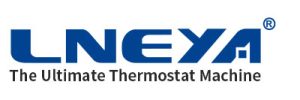 LNEYA
LNEYA
 简体中文
简体中文










